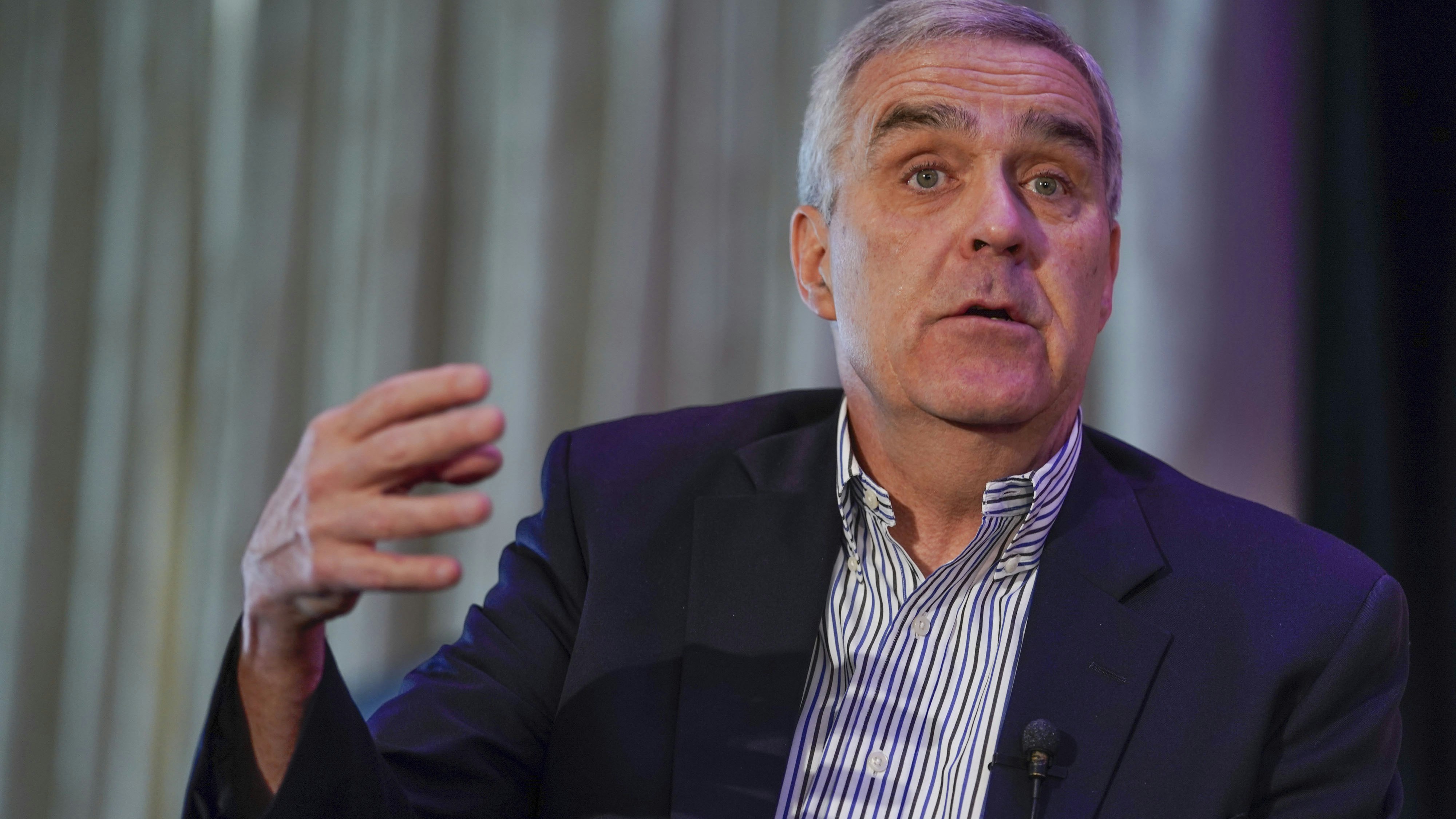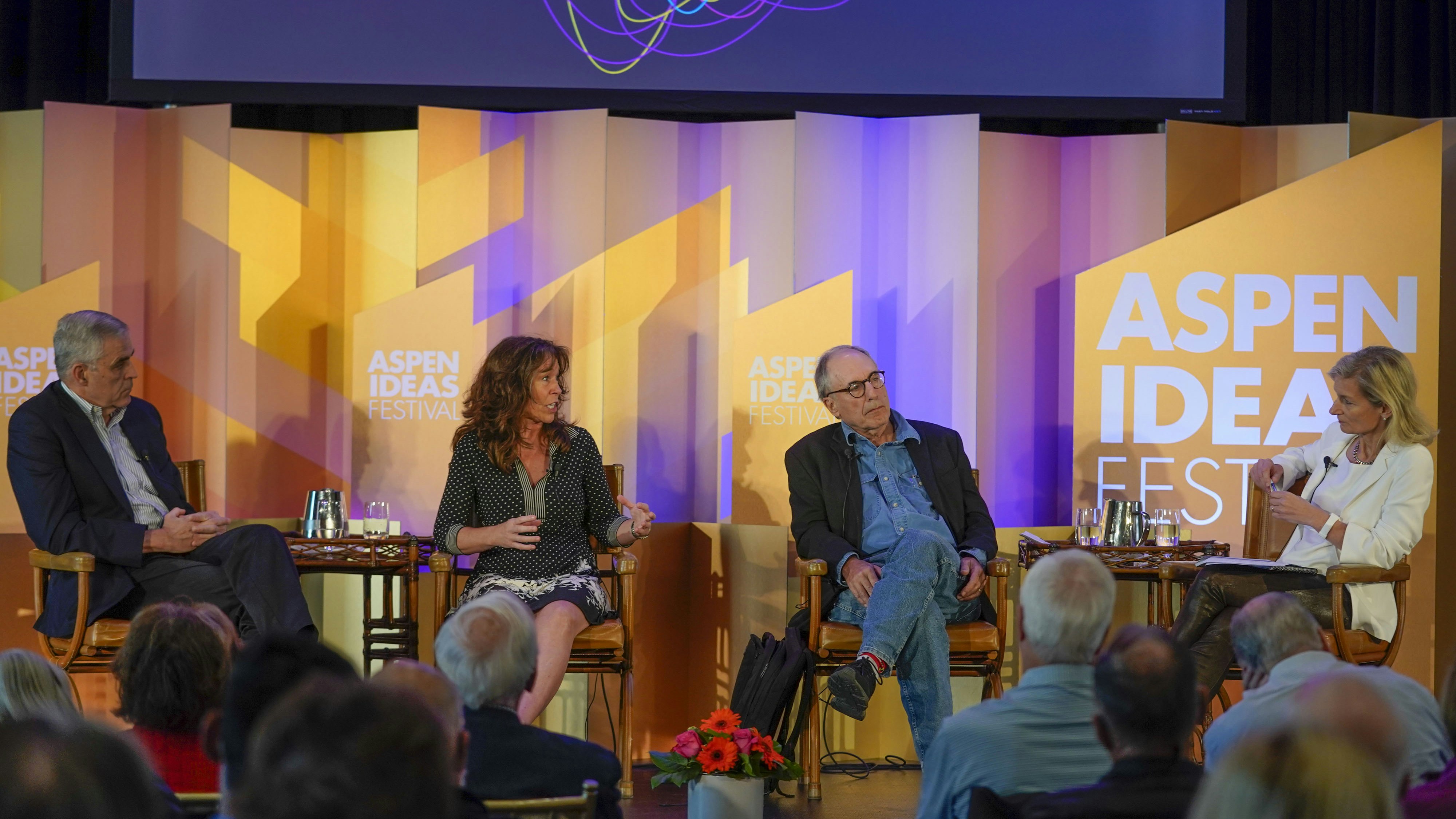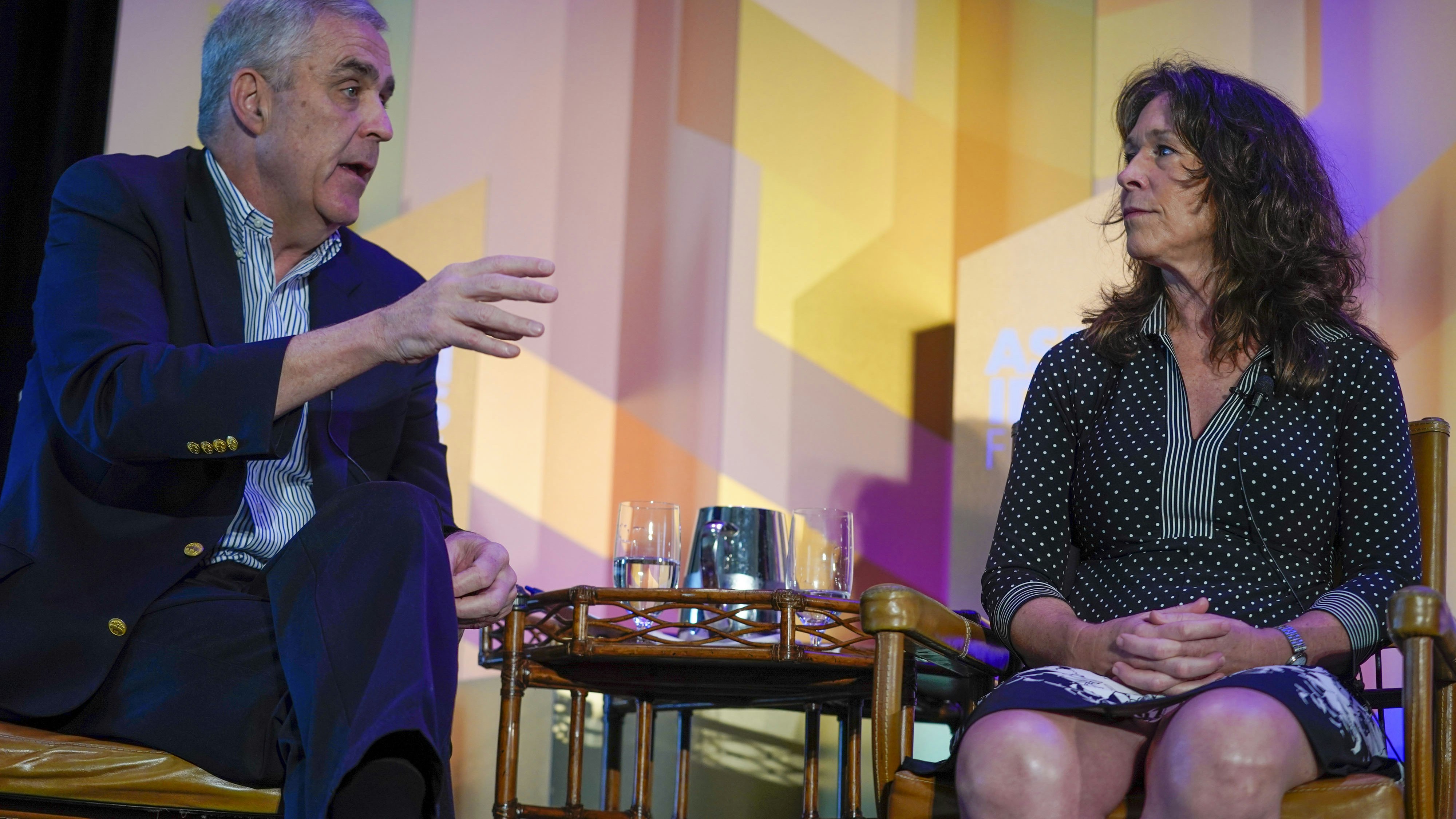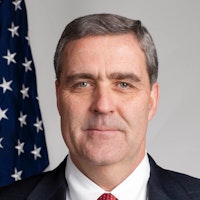

Where the West Lost Its Way
Setup
World order is never in stasis for too long. And indeed, we seem to be witnessing a historic shift now. The relatively stable decades after World War II saw gains for global democracies, rapid economic growth fueled by globalization, and the birth of the Internet. But they also saw the speeding of global warming, widening inequality, and the scourge of transnational terrorism. The institutions and agreements that have grounded the modern international order are showing signs of weakness, while illiberal sentiment gathers strength across the West. Nationalism is having a moment. Europe is having an identity crisis. And China is challenging the dominance of the United States. How did we get here? What’s next?
- 2019 Festival
- World
- Environment
- Economy
- USA
- Full transcript
The West got lazy and arrogant
The arc of world order is bending away from an era of liberalism, free trade, and shared international values, which was led by western alliances. “What happened?” asks editor-in-chief of The Economist Zanny Minton Beddoes. Former US ambassador to NATO Douglas Lute says the 1990s and 2000s were an inflection point for the West:
When world affairs went the West’s way in the 1990s, Lute says western countries started to neglect the institutions that helped make them successful. And in the 2000s, the arrogance of western countries led to grave errors (think the Iraq War and the Great Recession) that Lute says could have been easily avoided.
Was NATO expansion a mistake?
Former Eastern Bloc countries petitioned to join the North Atlantic Treaty Organization (NATO) after the Cold War, and many were accepted by the end of the 2000s. But former US ambassador to NATO Douglas Lute wonders if it wasn’t a mistake to grant those countries membership. Many countries admitted during this period are now eroding their own democratic and societal norms, says Lute. He claims the West “didn’t pay enough attention to democracy and institution building” in former Soviet Bloc countries and now NATO is faced with members states that don’t live up to the ideals of the treaty.
How it works
“The counterfactual on NATO expansion is the important one,” rebuts Kori Schake. Schake explains that Europe could look very different today if NATO hadn’t expanded. NATO did its due diligence with new members when it expanded, says Schake, and she points to Russia’s aggression toward Ukraine as a fate that many countries avoided by joining NATO.
The long shadows of the West’s mistakes
The 2003 invasion of Iraq and the Great Recession were such extraordinary failures by western countries, says Kori Schake, that “they called into question [the West’s] fundamental judgment” on the international stage:
China and Russia aren’t what the West hoped they would be
After the Cold War and the opening of China respectively, western countries believed that China and former Soviet countries would, if slowly, embrace western ideals. But it wasn’t to be so:
This exchange has been lightly edited for clarity
-
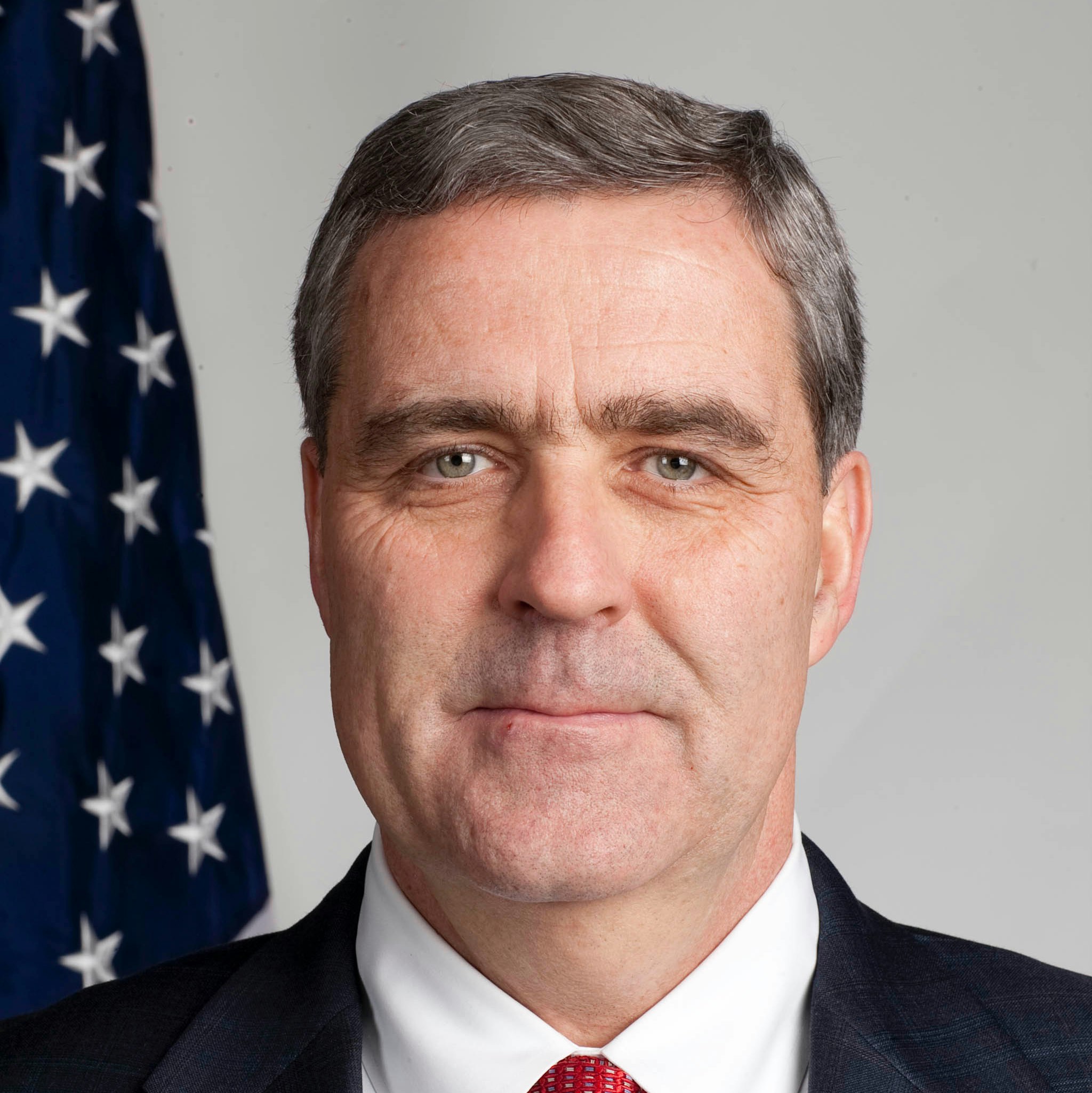
Douglas Lute: In the 90s, we sort of imagined the Russia we desired and it’s a little bit replayed with China. We lived in this period of hope and dreams, as opposed to the reality of China and Russia as they really are.
-

Kori Schake: I mostly agree with that, except you shouldn’t underestimate that Russia and China have changed. They made a set of choices, this wasn’t an inevitable path. They made a set of choices that have made them more antagonistic and that expressed a lack of confidence that they could prosper from the liberal order.
-

Douglas Lute: But in each case, they reverted back to what might be argued are their historic norms, their DNA.
-

John Judis: Countries make choices, but they make choices within their history.
Is ‘the West’ a meaningful term anymore?
Western alliances are fraying at the edges, countries are slipping into authoritarianism, China is ascendent — is ‘the West’ meaningful as a concept anymore? And if so, what should be done to repair the fabric of the West? Douglas Lute and Kori Schake give their opinions:
The short answer for Lute and Schake is yes, the values and norms the West has traditionally upheld are absolutely worth preserving. But they warn that unless western countries pay more attention to those values, they are in danger of rendering themselves insignificant on the world stage.
Learn More
Additional Information
Explore More
World


Using the law to charge and imprison political opponents is a favorite tactic of dictators the world over. In an age of growing global authoritarianism, unscrupulous rulers ar...
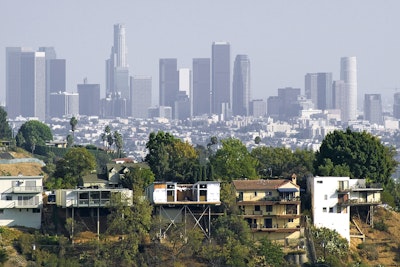
Capitalism has delivered prosperity for many, but not for all. Disparities according to gender, race, and geography have left millions behind, while rising concentrations of w...


The quest for work-life balance is never ending for many of us. The advice in this talk from the 2023 Aspen Ideas Festival still holds a lot of relevance, so we’re bringing it...


While the workforce continues to evolve in response to economic shifts and technological advancements, one thing is certain — the traditional blueprints for education and the...

Entrepreneurs view the world differently. Where others see challenges, they see opportunities. They’re a group of self-starters and strivers with the courage to take big risks...

Global conflicts and health crises have put into stark relief deeply-ingrained gender roles in society. Yet the past years have also seen record-high numbers of women running...


Creativity is as intrinsic to our species as any of our basic instincts, says Debbie Millman, designer and curator. But for millions of people in the United States, the abilit...


Advances in medicine and healthy living mean that more and more people will live to be 100. But just because their bodies can last doesn’t mean their bank accounts will keep u...

Of course, Black history shouldn’t just be a month-long nod on our yearly calendar — it is inextricable from American history and fundamental to the very soul of our nation an...

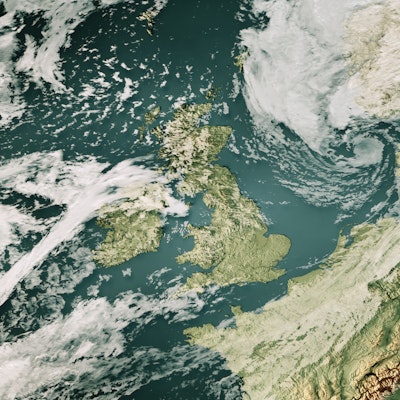
Scholars are still uncovering information about Britain’s involvement in the transatlantic slave trade and its era of slavery, piecing together how the wealth generated from t...


Each year brings more destructive natural disasters and growing evidence of the challenging future we face if we don’t address climate change. But the biggest cause of climate...


Many more Americans are struggling to survive and make ends meet than is typically portrayed in the media and public policy debates. And when poverty is depicted, harmful and...

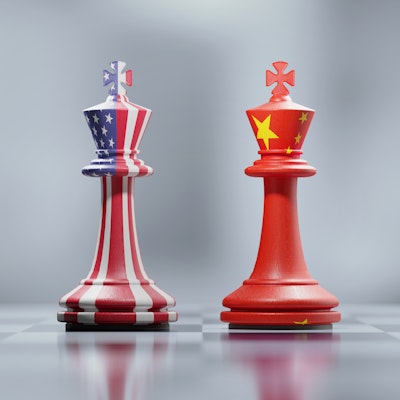
Relations between the United States and China have become increasingly tense over the past few years. Trade wars have escalated, and U.S. national security experts are bracing...


America’s “second founding” came on the heels of the Civil War, when the architects of the 13th, 14th and 15th amendments thought long and hard about how to enshrine civil rig...


If we do absolutely nothing to mitigate climate change, scientists estimate the toll could be $38 trillion a year in damages. Industrialized countries like the United States,...

The United States spends $4.3 trillion—almost one fifth of the nation’s GDP—on health care. As the scale of the medical enterprise expands, venture capitalists are pursuing th...

The recognition that all things are connected is at once a scientific principle and a philosophical touchstone. Humans, animals, and the environment are intertwined in complex...


It’s been decades since the United States has updated its immigration policies in any sort of comprehensive way, and the problems and suffering at the southern border have per...
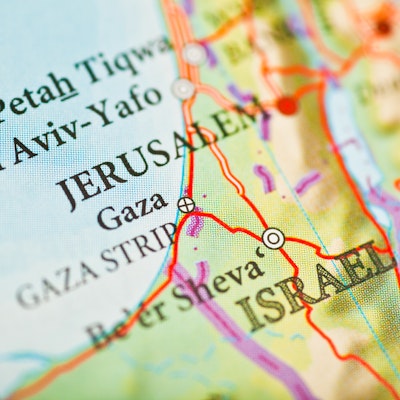
Three people whose lives have been irrevocably changed by the Israel-Palestine conflict share their stories of profound loss, grief and forgiveness.

In a time of growing wealth disparity and changing societal values, can capitalism adapt? How is the economy being transformed by investments in infrastructure, AI, energy, an...







